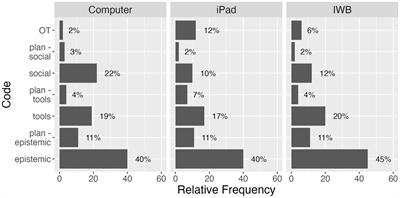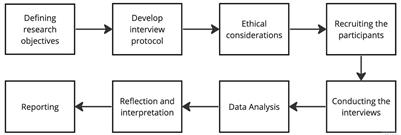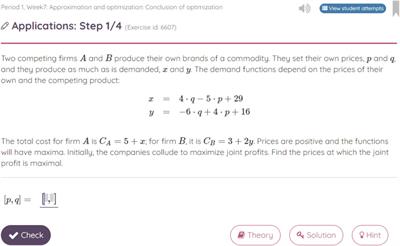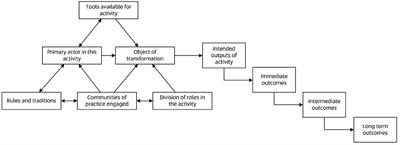EDITORIAL
Accepted on 11 Feb 2025
Editorial: Actionable Learning Analytics in Education: An Opportunity to Close the Learning Loop
doi 10.3389/feduc.2025.1571177
1,653
Total downloads
8,456
Total views and downloads
You will be redirected to our submission process.
EDITORIAL
Accepted on 11 Feb 2025
ORIGINAL RESEARCH
Published on 08 Oct 2024

ORIGINAL RESEARCH
Published on 16 Jul 2024

ORIGINAL RESEARCH
Published on 12 Jul 2024

ORIGINAL RESEARCH
Published on 05 Jun 2024

ORIGINAL RESEARCH
Published on 22 May 2024

CURRICULUM, INSTRUCTION, AND PEDAGOGY
Published on 08 Nov 2023

